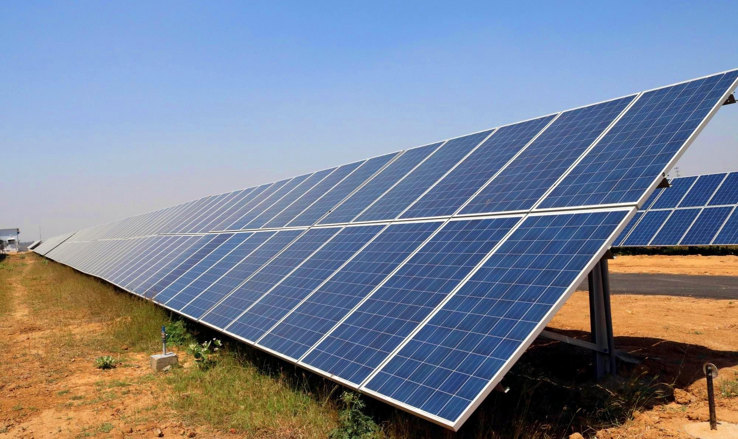The theme, which is repeated the maximum of times in Prime Minister Narendra Modi’s Mann Ki Baat, is related to nature, the importance of protecting the earth and environment along with other issues of climate change as India set a stiff target to achieve net zero carbon emissions by 2070.
In one way or the other, Modi has touched upon the environment and the issue of climate change in more than 85 episodes of this popular radio address to the nation. The Prime Minister delivered the 100th episode on Sunday. Besides issues related to climate, several other social and developmental matters have been highlighted as well. The first address was made on October 3, 2014.
“Imagine, some of our countrymen have been planting trees on deserted hills and barren land for 40 odd years, many people have been digging stepwells and ponds for water conservation for 30 odd years, cleaning them as well,” Modi said in his 100th address.
“The Prime Minister has been most consistent with issues related to climate change. In multiple ways he has emphasised the importance of sustainability with a focus on issues such as water conservation, rain water harvesting, solar energy, tiger census to name a few,” Sajjan Kumar, political analyst told India Narrative.
Modi and his team are now aggressively pushing for an expansion of millet farming, an exercise that will provide a cushion to India’s agriculture sector especially in case of droughts or floods. Not only these short grains can withstand extreme weather conditions, they are also carbon-neutral crops.
While achieving a net zero target by 2027 is a tall ask, “the good news is that the clean energy transition in India is already well underway.” The International Energy Agency in a note published last year said that “It has overachieved its commitment made at COP 21- Paris Summit by already meeting 40 per cent of its power capacity from non-fossil fuels- almost nine years ahead of its commitment and the share of solar and wind in India’s energy mix have grown phenomenally.”
Kumar added that Modi has developed a unique communication style, targeting the grassroots. According to news agency ANI, more than 11 lakh people posted photographs of them listening to the 100th episode.
“Somewhere, this channel of communication which is direct with the masses is not only unique but allows the Prime Minister to pick up issues which are key for nation building. In his address, he speaks the language that connects with the masses..the programme is popular even with the minority communities,” Kumar said.
Home to 1.4 billion people, India’s economic growth is on the rise, fuelling aspirations and consumptions. India has come to the fore when it comes to “driving global action on climate change.” The World Economic Forum also commended Modi’s efforts to establish a National Hydrogen Mission is noteworthy.
Earlier, the Prime Minister while speaking virtually at a LiFE initiative titled ‘How Behavioral Change can Tackle Climate Change’ at the World Bank last month, said that climate change cannot be fought from conference tables alone but must be fought from the dinner tables in every home.
“The people of India have done a lot in the last few years…They are ensuring public places are free of litter. And it was the people who made this switch to LED bulbs a success,” Modi said. He also noted that a judicious use of energy, and resources has led to a change in India’s consumption patterns. The collective efforts will help in saving 22 billion units of energy and reduce waste by 375 million tonnes.
Also read: Will India’s focus at G-20 on blue economy help counter climate change, spur equity?




















